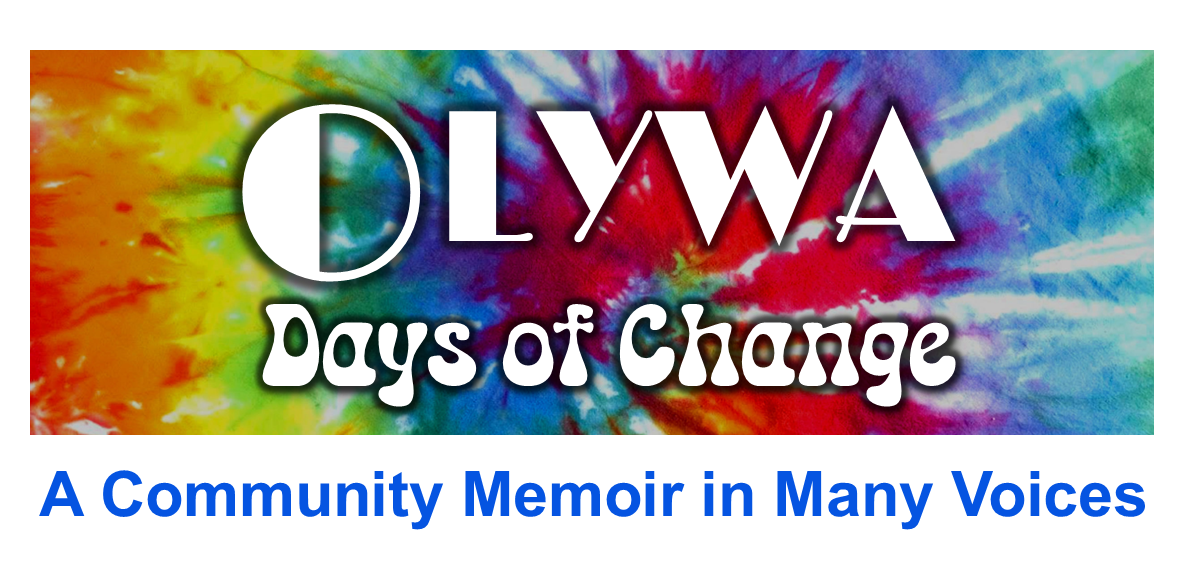ACTIVISM
Don’t Cry for Me Miami – 1978
By Don Orr Martin
Anita Bryant was an also-ran Miss America contestant in 1959 (Miss Oklahoma) and a christian pop singer who became a spokesperson for the lucrative Florida citrus industry. She popularized their slogans. “A day without orange juice is like a day without sunshine.”

Anita was also a rabid homophobe and a lightning rod in the thunderhead of anti-LGBT politics of the late 1970s. Anita Bryant was a piece of work.
Miami (Dade County) had passed a local ordinance in 1977 to ban discrimination against gay and lesbian residents in employment, housing, and accommodations. Anita and her evangelical zealots successfully campaigned to overturn the ordinance. They conducted a well-financed media blitz to brand gay men and lesbians as child molesters. Their political action group was called Save Our Children (save them from the gays). She went on the road with a national campaign.
The LGBT response was vocal protest in several cities and a national boycott of Florida orange juice. Anita famously got “pied” at a press conference in Iowa. She ended up galvanizing the gay and lesbian communities. LGBT folks leapt into the politics of nondiscrimination legislation, just ahead of the AIDS pandemic. I think in a way Anita helped us prepare for what was coming—all the death, repression, suffering, and indignities of the Reagan era.
But I get ahead of myself.
Major cities on the west coast swung into action. San Francisco, Seattle, Portland. Even in little Olympia, Washington, where I lived in 1978, we had anti-Anita singers. Karen Silkwood Memorial Choir, a neighborhood group, met regularly to sing labor, feminist, antiwar, and liberation songs. We occasionally performed around town—young people bursting into song. Karen Silkwood, the namesake of our choir, was a labor activist murdered by the nuclear power industry, coincidentally in Oklahoma, from whence Anita Bryant came.
Our choir had close ties to cultural workers in Portland, a theatre company known as Family Circus. They wrote and staged plays in the style of the San Francisco Mime Troupe. Members of Family Circus wrote a satirical song about Anita Bryant which the Silkwood singers often performed back then:
The Orange Juice Song
[Verse 1]
Down in the wet coastal town of Miami,
where Yankee dollars and southern charms meet.
The drinks may be dry, but the jailhouse is clammy,
so don’t take your loving out into the street.
There once was a Dade County statute that read,
regardless of who you make love with in bed,
you still need a job and a roof overhead.
But that was too loose
and gave some folks excuse
to turn out with crosses and turn up the juice.
[Chorus]
Oh, oh, oh. Orange juice, orange juice,
Florida-da-da-da orange juice.
Lemons and oranges fresh from the trees.
But they aren’t the only fruits getting the squeeze.
Anita shopped her anti-LGBT campaign around to several states and cities. Seattle had passed anti-discrimination ordinances in the 1970s protecting women and gays. These ordinances were threatened with repeal in 1978 by Initiative 13. It was the same tactic that had succeeded in Miami. Anita promoted the initiative with her brand of hate mongering.
Olympia’s Karen Silkwood Memorial Choir proudly performed the Orange Juice Song at a rally against Initiative 13 to a throng gathered at Westlake in downtown Seattle in 1978. It was one of many memorable events that fall staged by the LGBT community. The effort to stop Initiative 13 was the best organized and most successful gay rights campaign in Washington State up to that point. The initiative was defeated two-to-one by voters in November. A major victory for LGBT rights.


This was all happening at the same time the musical Evita was making Patti LuPone a legendary Broadway diva with her portrayal of Eva Peron. I was a gay actor who adored musicals. I couldn’t help but draw a parallel. Anita. Evita. Smalltown girls rock the media, go into authoritarian politics, and become the object of religious adoration. I was also a graphic designer at the time, and I found the show’s logo—an art deco Evita in a sunburst—ripe for parody. I created a copycat version of the sunburst featuring an image of Anita Bryant in the same style and a two-letter change to the typography. Evita became Anita. Lovers of musicals appreciated my humor.
Over the next few years many cities in Washington passed non-discrimination ordinances. Olympia was one of the first. Eventually, protections were extended to the whole state and Washington is now considered one of the gay-friendliest in the country.
Perhaps it is a fitting postscript to note that Anita Bryant’s granddaughter came out as a lesbian in 2021 and announced her marriage to woman.
We encourage readers to use the form below to make comments and suggestions. Disclaimer
